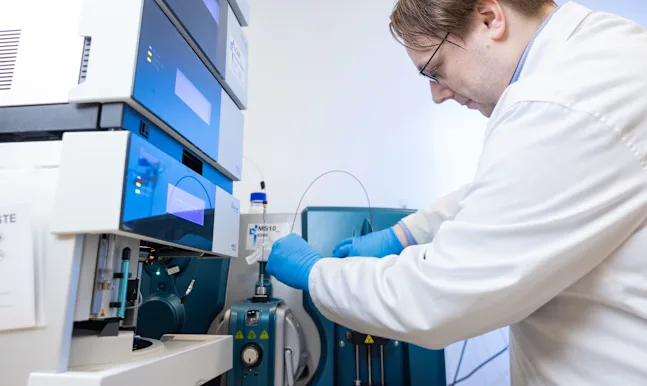By Belinda Hickman
Proteomics researchers work on identifying and measuring the changes in proteins within cells. Unlike DNA, proteins can change – studying them allows scientists to develop diagnostic tests that can detect diseases earlier and allow doctors to tailor treatments to their patients.
‘This facility can become a national hub for precision diagnostic testing across clinical and agricultural proteomics.’Proteomics International managing director Dr Richard Lipscombe
In agriculture, it could be used to guide grain selection or sowing decisions to improve yield and sustainability, for example. This may become particularly significant given the world’s growing population and drying climate, which means farmers must increasingly work to maximise yields while they safeguard crops against drought, salinity, weeds and pests.
Proteomics International managing director Dr Richard Lipscombe said: “This facility can become a national hub for precision diagnostic testing across clinical and agricultural proteomics. Extending our recent successful capital raise with state-of-the-art infrastructure to analyse thousands of samples at industrial scale, we can turn biological insight into real-world solutions – whether that’s improving outcomes for patients with chronic diseases or selecting better crop varieties to address food security.”
Proteomics says achieving a new nationally accredited technology platform would significantly boost the facility’s capacity for fast and accurate screening, help roll out diagnostic tests for clinical use and enable it to test large sets of agricultural and environmental samples.
